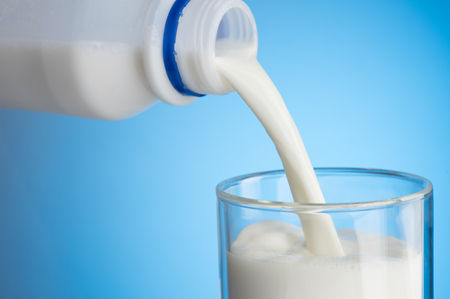House Hearing Addresses Dairy Crisis
Category: Dairy

(Capitol Press) – Persistent low milk prices, trade disputes and labor shortages took center stage at a congressional hearing this week to review the state of the U.S. dairy economy.
The U.S. dairy industry is in crisis, and these critical problems are a top priority for the subcommittee, Rep. Jim Costa, D-Calif. and chairman of the House Subcommittee on Livestock and Foreign Agriculture, said in his opening statement.
The recently released 2017 Census of Agriculture shows more than 10,000 dairy farms went out of business between 2012 and 2017. Another 2,731 went out of business in 2018, according to USDA.
“Despite an incredibly tough financial environment for dairy producers across the country, milk supplies have continued to expand,” Scott Brown, agriculture extension economist with the University of Missouri, said in written testimony.
Lower milk prices are the result of a combination of many market factors, he said.
“The stubborn continued growth in U.S. milk supplies over the last few years have contributed to the tough financial conditions that have plagued the industry,” he said.
Poor domestic demand for some dairy products has also contributed. Expanding domestic consumption for U.S. products is critical, and growth in U.S. exports is vital, he said.
International trade is a critical component of the U.S. dairy economy, with 16% of U.S. milk production going to exports, Andrei Mikhalevsky, CEO of California Dairies Inc., said in written testimony.
“It is particularly damaging from a dairy perspective that the U.S. has fallen behind in negotiating trade deals — especially compared to trade agreements negotiated by the EU and New Zealand, our primary competitors,” he said.
The U.S. has not completed and passed a new trade deal in well over a decade, he said.
“The U.S. must pursue a robust trade agenda that expands opportunities as well as preserves market access,” he said.
The financial stress on Pennsylvania dairy farmers is real, Dave Smith, a dairy farmer and executive director of Pennsylvania Dairymen’s Association, said in written testimony.
Dairy cow numbers in Pennsylvania are down 30,000 head and milk production is down 6.9% year over year. Some dairy farmers are selling their business and others are seeing the painful loss of their family farm, he said.
“The source of this pain is multifaceted, but one reason is supply and demand. Milk production has outpaced demand…,” he said.
He had several recommendations for the subcommittee, including ratifying the U.S.- Mexico-Canada trade agreement, continual review of the federal milk marketing orders, establishing a year-round guestworker program, enforcing food standards for plant-based dairy alternatives and allowing whole milk in school lunches.
In addition to the need to secure an immigrant workforce, New York state dairy farmer Michael McMahon addressed environmental sustainability.
“There are few people who farm the land that don’t agree that something is changing with our climate,” he said,” he said in written testimony.
With abundant water in the Northeast, environmental sustainability equates to water quality protection, he said.
The government can help by funding research and implementation of nutrient management plans and continuing to fund the Environmental Quality Incentives Program.




